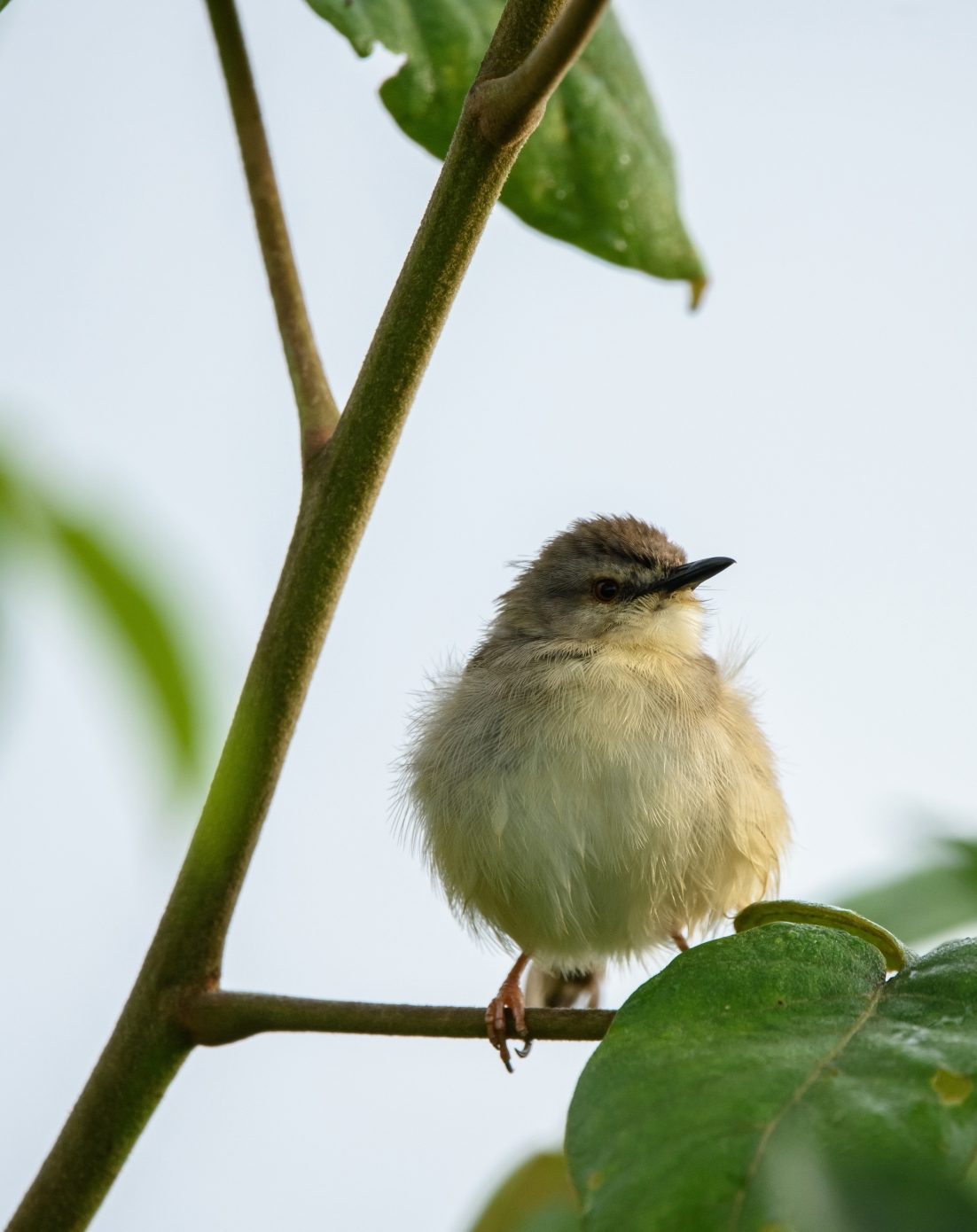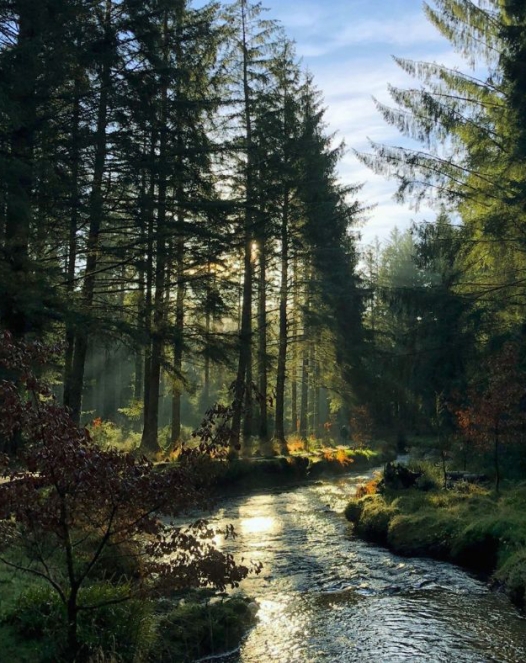
FSC has joined 100+ NGOs supporting the #Together4Forests movement.
With over half of the world’s population living in urban areas, forests are the best neighbours to have. They reduce noise, provide space for exercise and relaxation, and even purify the water and air.
Urban forests also help us to keep cool during heat waves. A study by ISGlobal shows that increasing tree cover in cities to 30% can lower the temperature of urban areas by up to 1.3 C, which could prevent one-third of premature deaths attributed to urban heat islands in the summer.
Against the backdrop of climate change and urban growth, it is crucial to advocate for greener and healthier cities. Taking care of urban forests is part of the effort. Some European cities, such as Paris, Lisbon, Amsterdam, and Riga, are leading the way by achieving FSC certification for their urban forests.
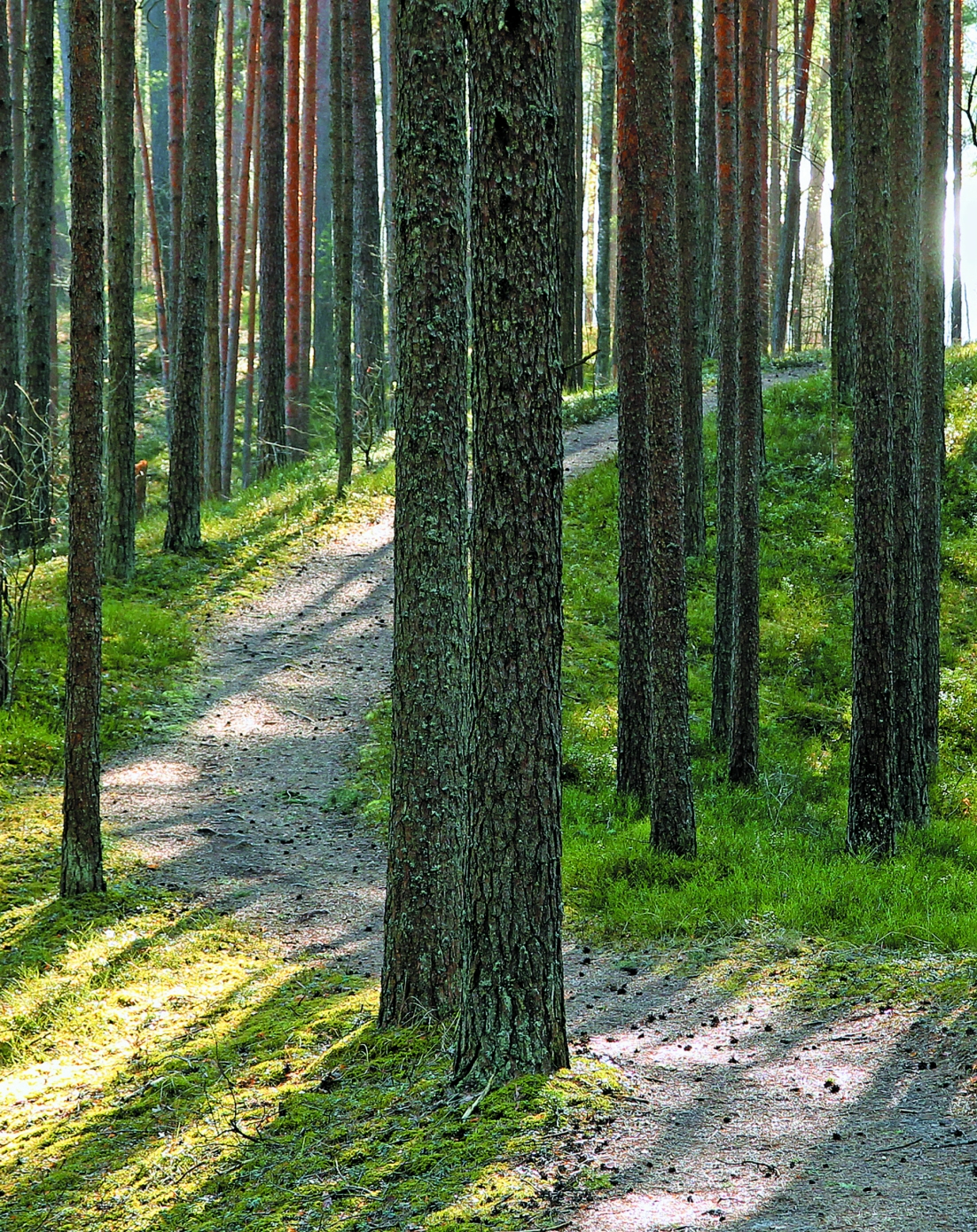
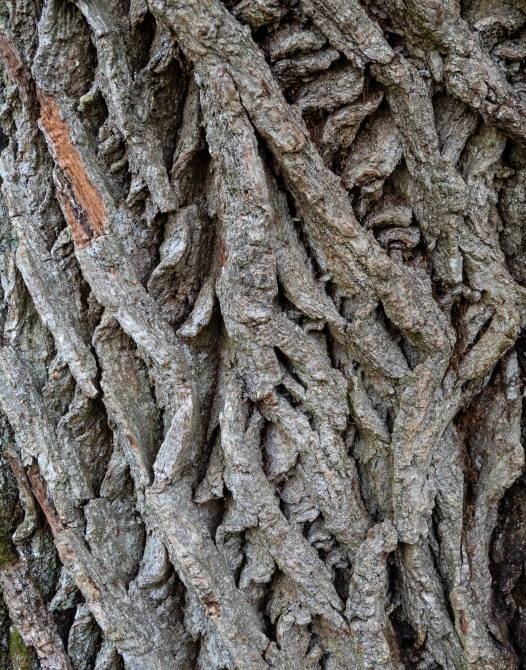
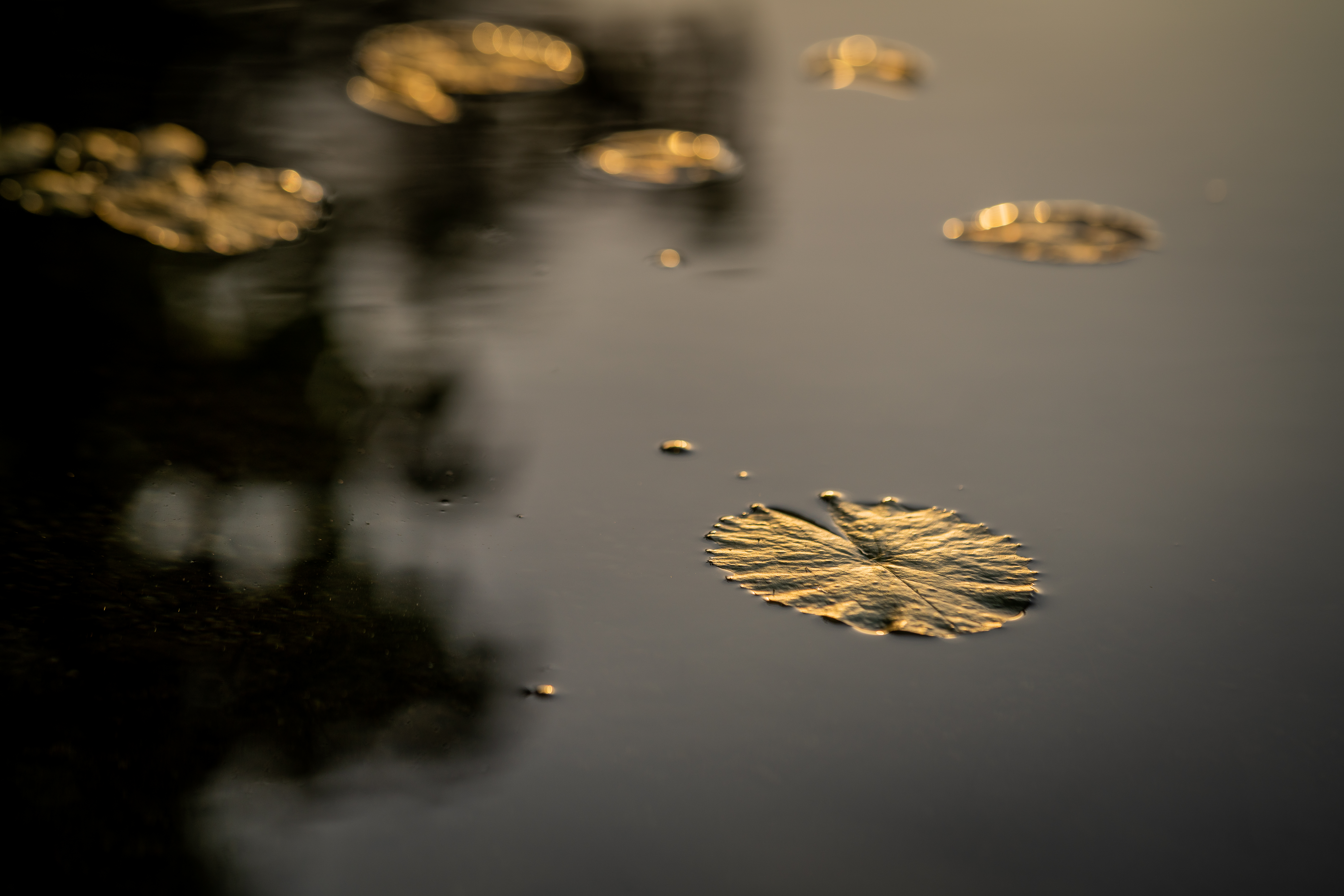
Healthy and resilient forests can protect us from future pandemics. In the last 50 years, 75 per cent of all infectious diseases came from wildlife. They were often linked to deforestation.
To help prevent future outbreaks, we must take care of our forests. Working together is key: research shows that collaboration between conservationists, Indigenous Peoples, and governments is important to protect these vibrant ecosystems.
At FSC, we bring environmental, economic, and social interests together for forests. Join our mission and become a forest steward today.
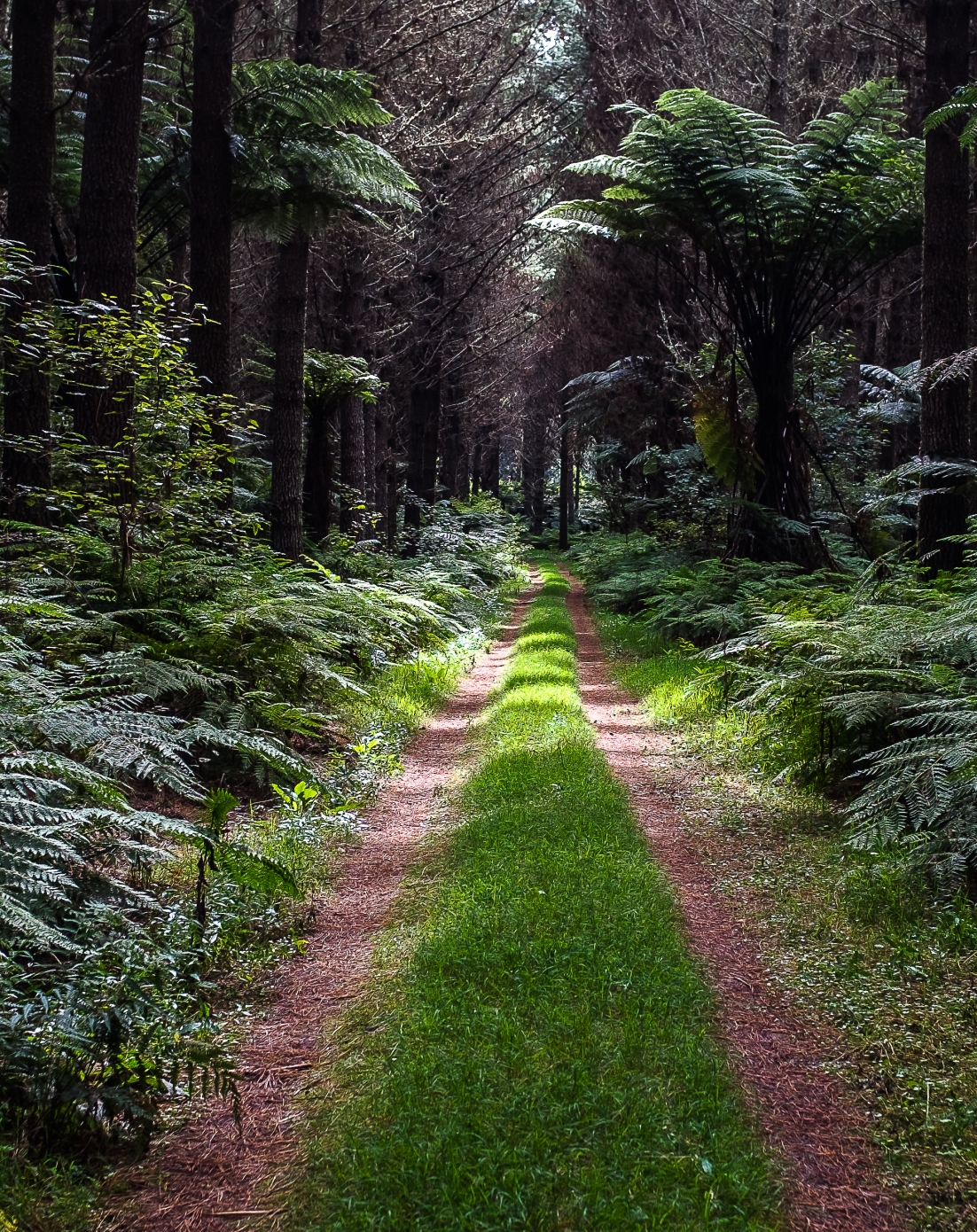
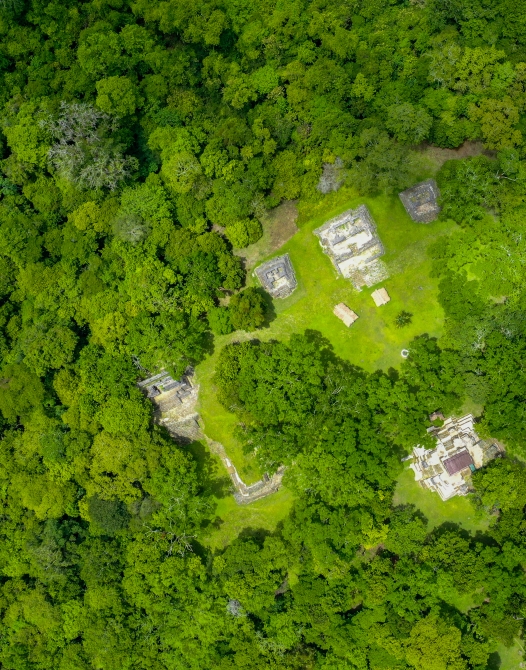
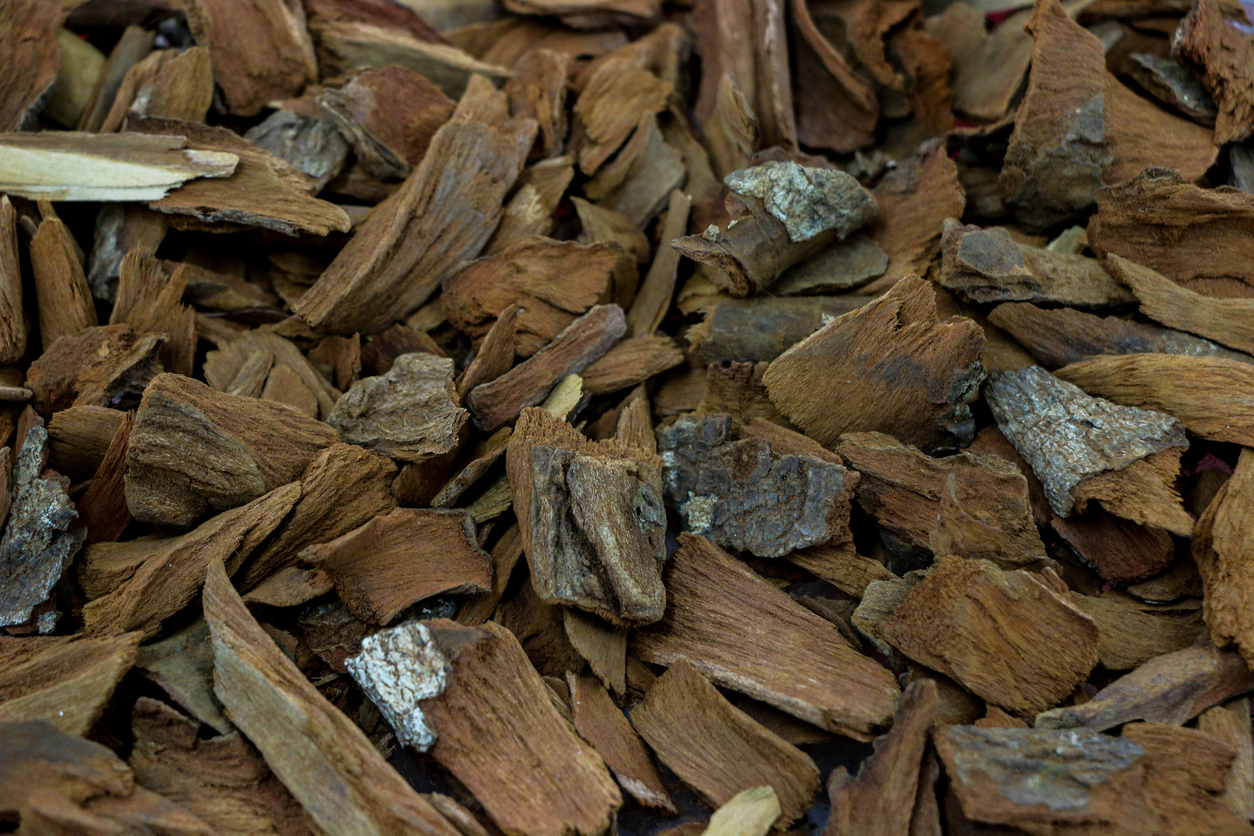
Our homes are filled with the healing from forests: from medicines to oils and nutritious food.
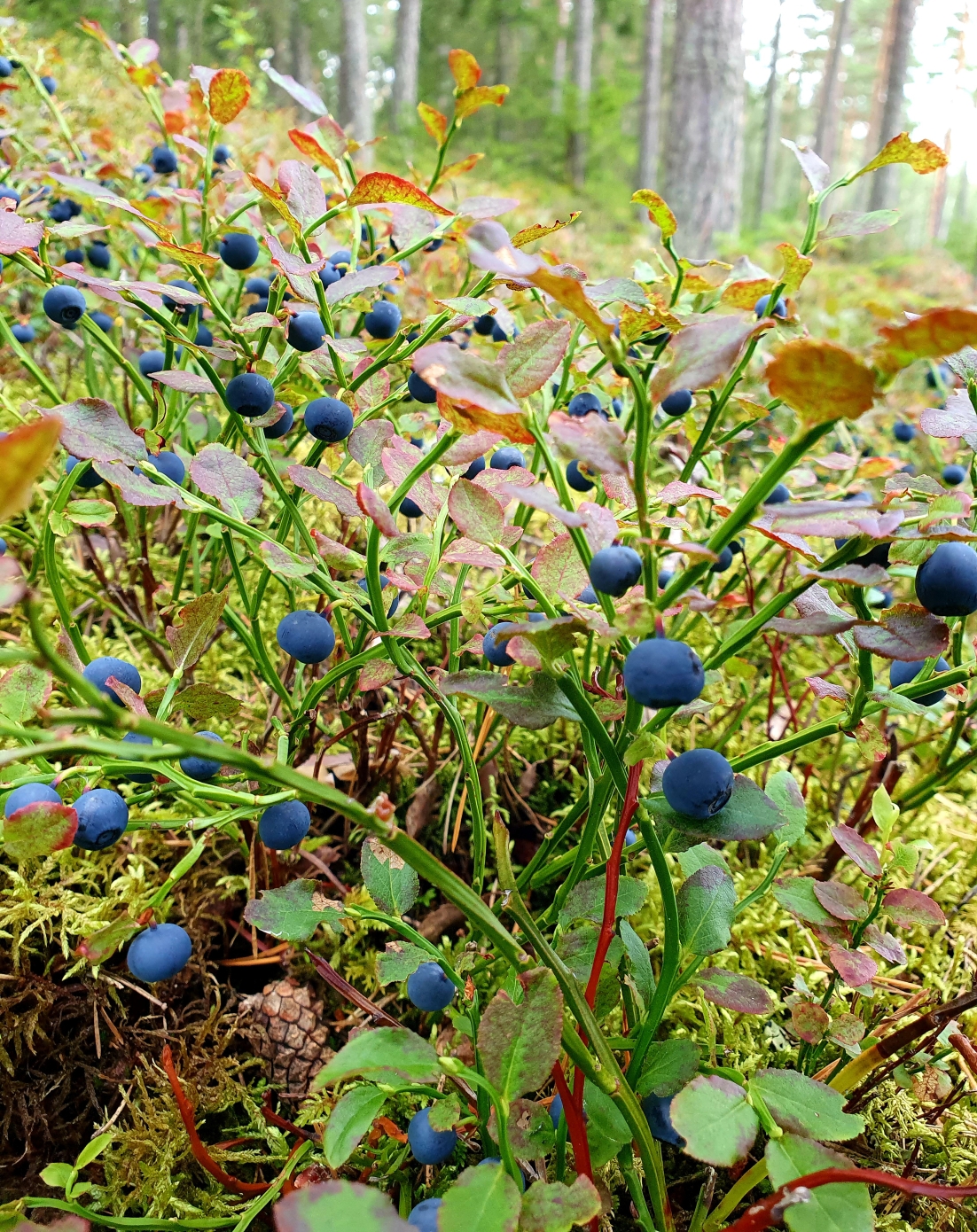
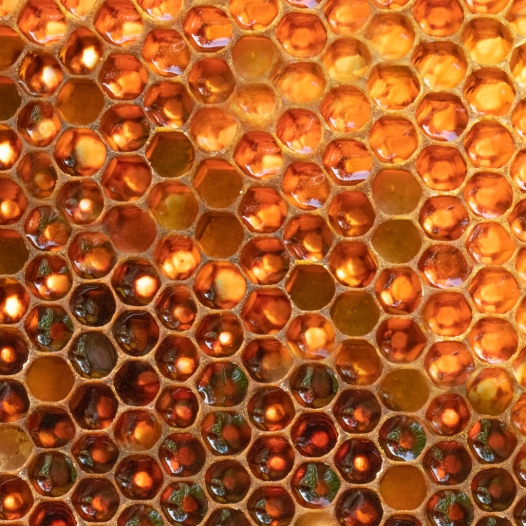
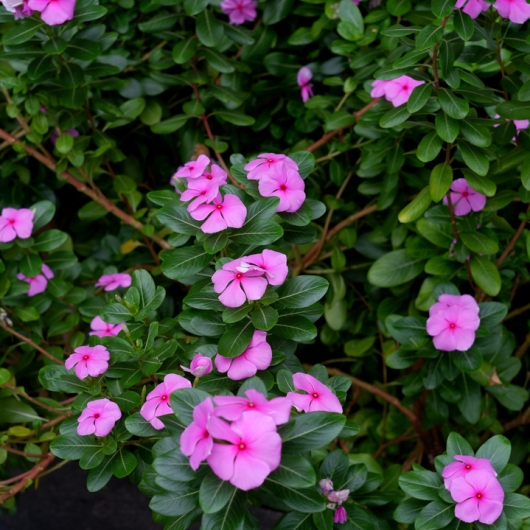
Globally, 25 per cent of drugs used in modern medicine are derived from rainforest plants, many of which might still be unknown if not for the traditional knowledge of Indigenous Peoples.
Forest certification can help preserve the Indigenous knowledge of medicinal plants and, in turn, increase our chances of novel drug discovery.
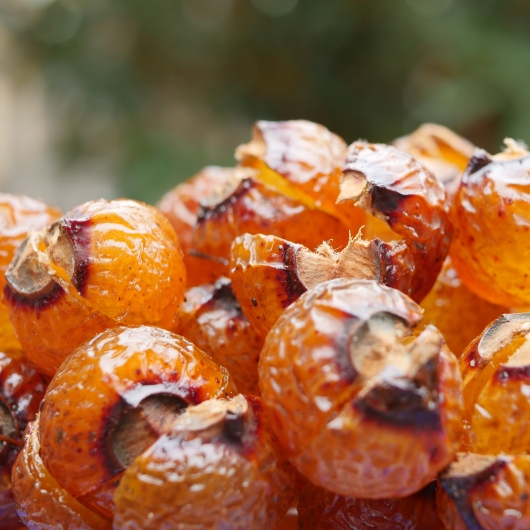
Tung tree
Native to southern China, Myanmar, and northern Vietnam, tung trees have much to offer. Tung oil is a drying oil used for furniture and floor finishing, in oil paint, varnishes, and more. Fun fact: tung oil waterproofs oil-paper umbrellas.
Black locust
Both a shampoo and a textile dye, black locust is good for us and forests. In Vietnam, its saponin-rich seeds are traditionally used as a natural shampoo and hair treatment, as well as a dye for wool, felt, and silk. Black locust grows quickly and is often used for enrichment planting.
Indian Soapberry
Found in China, Taiwan, and India, this tree is widely known for its cleansing properties. Both a detergent and a shampoo, its fruit is used as a natural cleanser for hair, skin, and clothing.
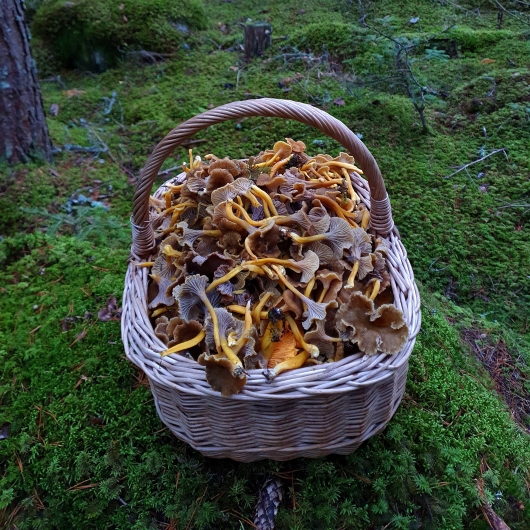
The current global food system not only fails to provide sufficient and nutritious food to all but also depletes the Earth's resources.
To address this issue, we must recognize that forests are a part of the solution.
Forests are a great wellness destination: inviting, relaxing, and gorgeous. Discover some of their perks.
